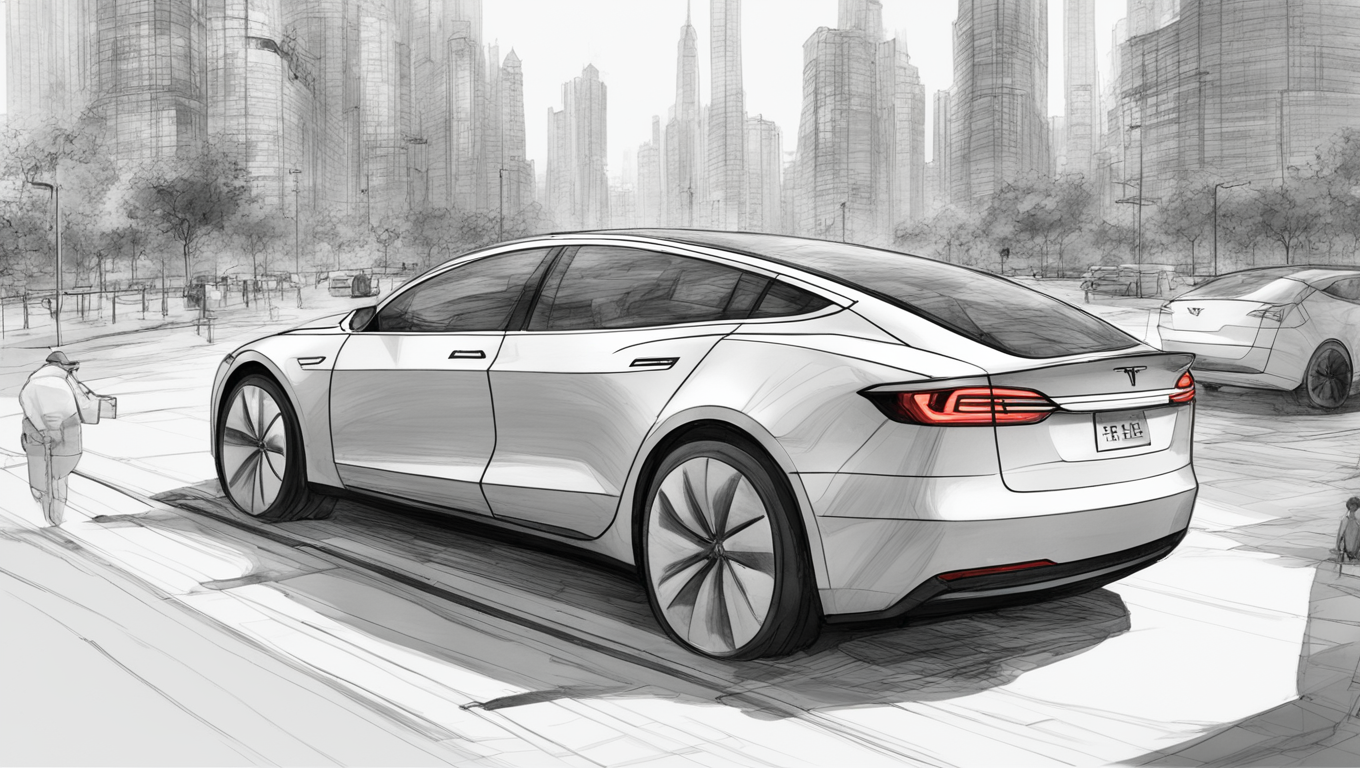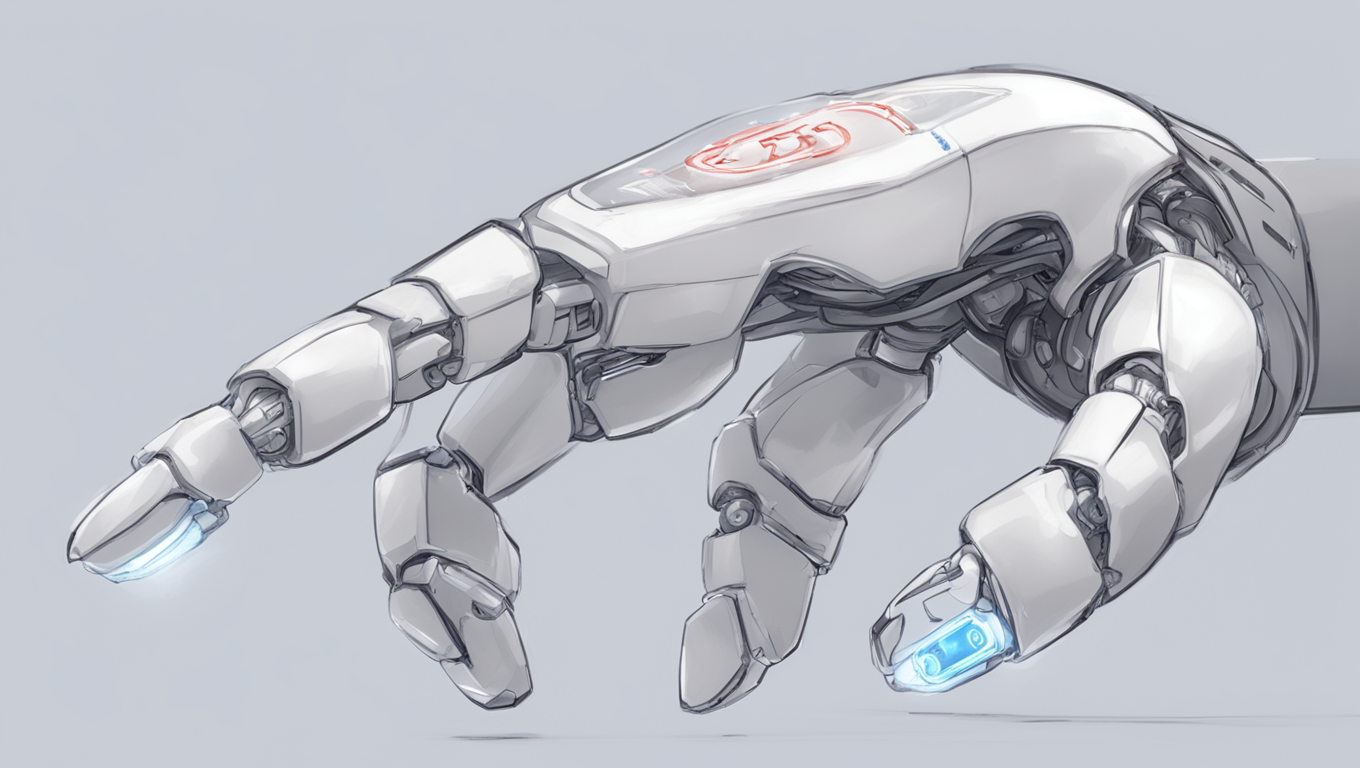On July 14, 2024, a driverless car owned by Chinese tech giant Baidu hit a pedestrian in the city of Wuhan. The incident has sparked a debate on social media, with many people taking the side of the carmaker, citing the pedestrian’s violation of traffic laws. Baidu released a statement asserting that the car began moving when the light turned green and only had minor contact with the pedestrian. The injured person was taken to the hospital and no external injuries were found.
This incident highlights one of the challenges that autonomous driving technology faces – how to handle complex situations involving unconventional behavior. According to the Chinese financial news outlet Yicai, autonomous vehicles may have limitations when it comes to dealing with vehicles or pedestrians that violate traffic laws. This can create a dilemma for self-driving cars, as they are programmed to follow traffic rules and prioritize safety, but they also need to navigate real-world scenarios where other road users may not always adhere to those rules.
Images posted online show the driverless car involved in the incident with its rooftop sensors clearly visible. Comments on social media have largely supported Baidu, emphasizing that the pedestrian was at fault for crossing against the light. The public sentiment seems to be that the car should not be blamed for an accident caused by a human violating the law.
Baidu, a Beijing-based search-engine and artificial intelligence company, is one of the leading players in autonomous driving technology in China. It operates the largest “robotaxi” fleet in Wuhan, consisting of 300 cars. The company’s autonomous ride-hailing service, Apollo Go, also operates in limited parts of three other Chinese cities – Beijing, Shenzhen, and Chongqing. In May, Baidu launched the sixth-generation of its driverless taxi, claiming to have reduced the unit cost to under $30,000, a significant decrease from previous models.
As autonomous vehicles become more prevalent on our roads, incidents like these will continue to raise questions about the technology’s capabilities and limitations. The ability to safely navigate complex situations and handle unexpected behavior will be critical for the widespread adoption and acceptance of autonomous driving. Experts believe that improvements in artificial intelligence and machine learning algorithms are necessary to address these challenges.
In response to the incident, Baidu stated that it would review the data from the incident and work towards enhancing its autonomous driving technology. It is essential for companies like Baidu to continuously improve their technology and address the limitations to ensure the safety and reliability of autonomous vehicles.
In conclusion, the recent incident in Wuhan involving a driverless car hitting a pedestrian highlights the challenges that autonomous driving faces in handling complex situations involving traffic law violations. The support received by Baidu on social media emphasizes the need for considering human factors and the recognition that pedestrians and other drivers may not always adhere to traffic laws. As the technology continues to evolve, it is crucial for companies like Baidu to continuously improve their autonomous driving systems to ensure safe and reliable transportation in an increasingly autonomous future.





Use the share button below if you liked it.